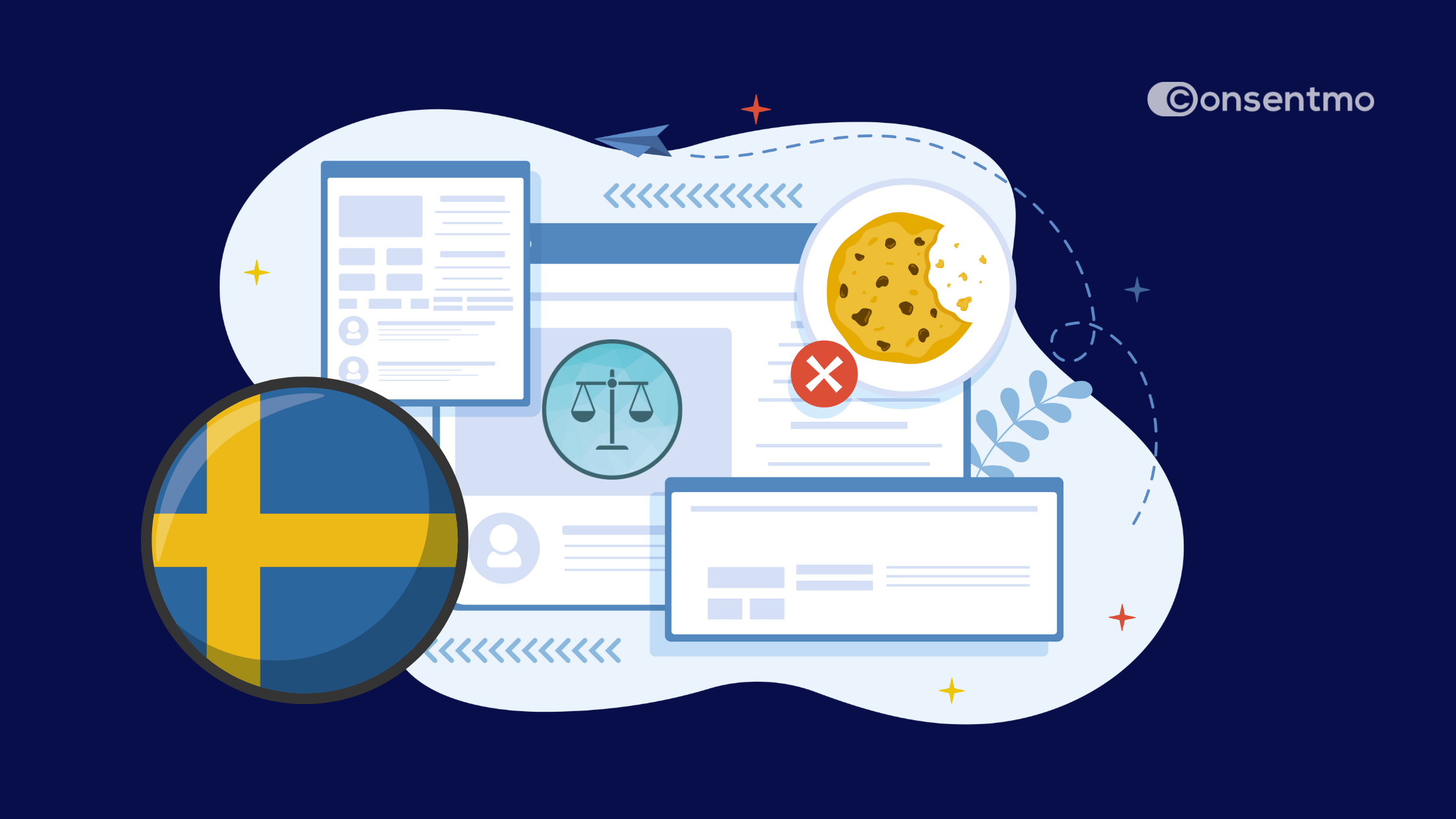How CNIL’s Privacy Guidelines Impact Mobile Apps and What to Do About It
The mobile app market is expanding rapidly, and for Shopify merchants, having a dedicated mobile application can drastically improve the shopping experience for customers. However, as mobile apps become more integral to e-commerce, they also bring new challenges for privacy and data protection. Understanding these challenges is important for merchants who want to manage customer information properly.
The French Data Protection Authority, CNIL (Commission Nationale de l'Informatique et des Libertés), recently published recommendations specifically for mobile applications, outlining the steps necessary to better protect user data and comply with rules. This blog will explore these recommendations, what they mean for Shopify merchants, and how Consentmo can support your compliance efforts in the complex landscape of mobile app regulations.
What is the CNIL?
The CNIL, or Commission Nationale de l'Informatique et des Libertés, is France’s independent regulatory body that enforces data protection laws and makes sure that individuals' rights to privacy and data protection are respected. The CNIL has been a major advocate of digital privacy rights in Europe and often sets standards and recommendations that influence broader international practices. For mobile applications, these guidelines play a major role in shaping how user data should be handled, stored, and secured.
What is Privacy Protection for Mobile Applications?
Privacy protection for mobile applications goes beyond securing an e-commerce website. Mobile apps have access to a wide range of user data, from personal information like names and addresses to device-specific data such as location, camera, contacts, and even sensitive information like biometric data.
According to the CNIL, apps must implement measures that prioritize user consent, limit data collection to what is necessary, and provide clear information about the data being processed. This is particularly challenging for mobile applications, which often include numerous third-party integrations (such as analytics or marketing SDKs) that handle data independently. Each of these elements must be assessed to meet compliance requirements.
What are SDKs?
An SDK, or Software Development Kit, is a collection of tools, libraries, code samples, and documentation that developers use to build applications for specific platforms or incorporate fixed functionalities. In the context of mobile applications, SDKs are often used to add features like analytics, advertisements, social media integrations, or payment gateways without having to build them from scratch. While they speed up development and enhance the app's capabilities, SDKs can also access user data, making it valuable to evaluate their privacy practices and verify that they align with data protection laws.
What is the CNIL’s Recommendation on the Topic?
The CNIL’s recommendations, published in the report "Recommandation relative aux applications mobiles," outline several best practices and legal requirements to protect data in mobile apps. Let’s delve into some key points covered in these guidelines:
Identify the Role of Each Actor
In the mobile app ecosystem, various entities are involved, including app developers, publishers, SDK providers, operating system vendors, and app stores. Each has different responsibilities under the General Data Protection Regulation (GDPR) and related acts. For example, app developers might be considered data processors, while publishers often act as data controllers. Understanding these roles is key to maintain compliance and distribute responsibilities accordingly.
Focus on Data Minimization
One of the main principles highlighted by CNIL is the importance of data minimization. This means collecting only the data that is needed for the app’s functioning and intended purposes. Mobile applications should avoid requesting permissions that are not directly related to their core functionality.
Obtain Clear and Informed Consent
The CNIL emphasizes that mobile applications must obtain clear, informed, and specific consent before collecting any personal data. This is especially relevant for apps that collect sensitive data, such as health or biometric information. Consent must be gathered through transparent pop-ups, avoiding vague language that might confuse.
Implement Privacy by Design and by Default
The CNIL urges app publishers to adopt the principles of “Privacy by Design” and “Privacy by Default.” This means incorporating data protection into the app’s design from the very beginning, rather than retrofitting it later. For example, app settings should default to the most privacy-friendly options, with users actively choosing to share more data if they wish.
Manage Third-Party SDKs and Libraries
Third-party SDKs are a common element in mobile app development, used to provide functionalities such as analytics, crash reporting, and monetization. However, these SDKs often collect data independently, which could pose a compliance risk if not properly managed. The CNIL advises app developers to assess each SDK’s data processing practices and include them in their data protection strategy.
How Can Consentmo Help your Shopify store?
Consentmo, a GDPR and privacy compliance app, is built specifically for Shopify stores and merchants who want to stay compliant with global privacy acts, including the CNIL’s recommendations. Consentmo makes it easier for businesses to implement the CNIL’s guidelines within their mobile online websites.
With Consentmo, merchants can:
- Manage User Consent: The app helps manage user consent by providing customizable cookie banners and consent forms that follow regulations.
- Control Data Collection: With features like compliance pages and data request forms, businesses can offer transparency and allow users to exercise their rights.
- Stay Up-to-Date with Regulations: Consentmo continually updates its features to reflect changes in rules and recommendations, making sure that your business remains compliant even as laws evolve.
Conclusion
Mobile applications are an integral part of the modern e-commerce experience, but they come with unique privacy challenges. The CNIL’s recommendations provide valuable insights for Shopify merchants looking to protect user data and comply with privacy laws. Implementing these practices will help reduce risks and align your mobile app with privacy rules.
By using Consentmo, Shopify merchants can handle these complexities all the while focusing on business growth, and confidently navigate the changing landscape of mobile app compliance. Interested in learning more? Follow Consentmo's blogs to learn the newest compliance and data protection trends!













.png)








.jpg)















%2520.webp)
















.webp)


.webp)



.webp)
.webp)





.webp)































%20-%20Copy-p-500.webp)

.webp)



%20-%20Copy.png)
.svg)